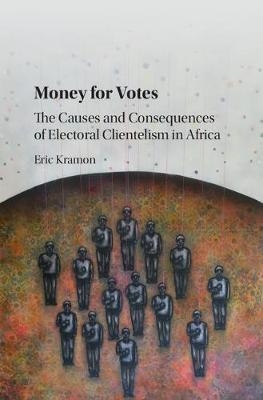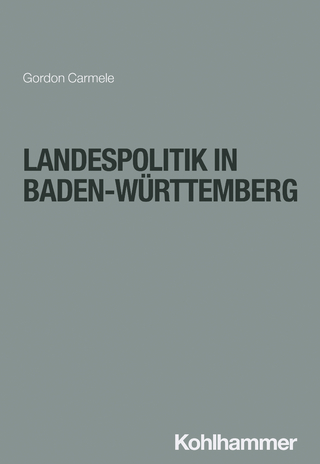
Money for Votes
Cambridge University Press (Verlag)
978-1-107-19372-7 (ISBN)
Politicians distribute money to voters during campaigns in many low-income democracies. Many observers call this practice 'vote buying'. Money for Votes develops an alternative theory of electoral clientelism that emphasizes the role of monetary handouts in conveying information to voters, helping politicians enhance the credibility of their promises to deliver development resources and particularistic benefits to their constituents. Supported by interviews, experiments, and surveys in Kenya, and additional evidence from qualitative and survey data from elsewhere in Africa, the study tests the implications of this argument, and traces the consequences of electoral clientelism for voter behaviour, ethnic politics, public goods provision, and democratic accountability. Ultimately, the book suggests that the relationship of electoral clientelism to the quality of democracy is far more nuanced than our instincts might suggest.
Eric Kramon is Assistant Professor of Political Science and International Affairs at George Washington University, Washington, DC. His research on clientelism, elections, and distributive politics has been published in the British Journal of Political Science, the Quarterly Journal of Political Science, World Politics, and other journals, and has been supported by the National Science Foundation, the International Growth Centre, Evidence in Governance and Politics (EGAP), and the UK Department for International Development. Kramon received his Ph.D. in Political Science from the University of California, Los Angeles in 2013, and was a pre- and post-doctoral fellow at the Center on Democracy, Development, and the Rule of Law at Stanford University, California.
Part I. The Puzzle of Electoral Clientelism: 1. Introduction; 2. Electoral clientelism in Kenya; 3. Theory: electoral clientelism as information; Part II. Empirical Evidence: 4. The mechanics of electoral clientelism: descriptive evidence; 5. Why is electoral clientelism effective? Experimental evidence; 6. Who invests in electoral clientelism? Incumbents versus challengers; 7. Electoral clientelism and ethnic politics; 8. Electoral clientelism and the provision of local public goods; 9. Conclusion.
| Erscheinungsdatum | 30.01.2018 |
|---|---|
| Zusatzinfo | Worked examples or Exercises |
| Verlagsort | Cambridge |
| Sprache | englisch |
| Maße | 157 x 236 mm |
| Gewicht | 460 g |
| Themenwelt | Sozialwissenschaften ► Politik / Verwaltung ► Politische Systeme |
| Sozialwissenschaften ► Politik / Verwaltung ► Staat / Verwaltung | |
| Sozialwissenschaften ► Politik / Verwaltung ► Vergleichende Politikwissenschaften | |
| ISBN-10 | 1-107-19372-9 / 1107193729 |
| ISBN-13 | 978-1-107-19372-7 / 9781107193727 |
| Zustand | Neuware |
| Haben Sie eine Frage zum Produkt? |
aus dem Bereich


